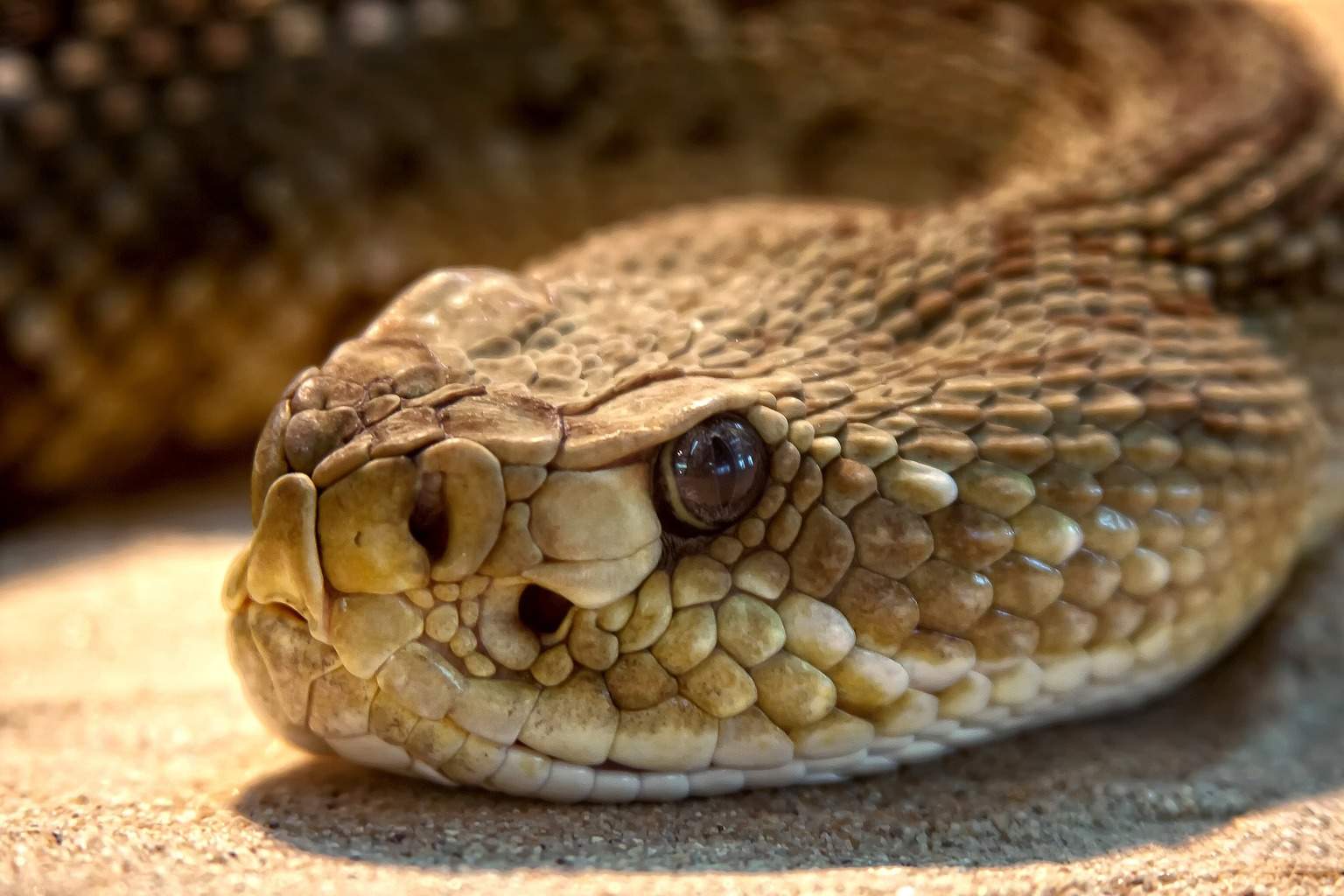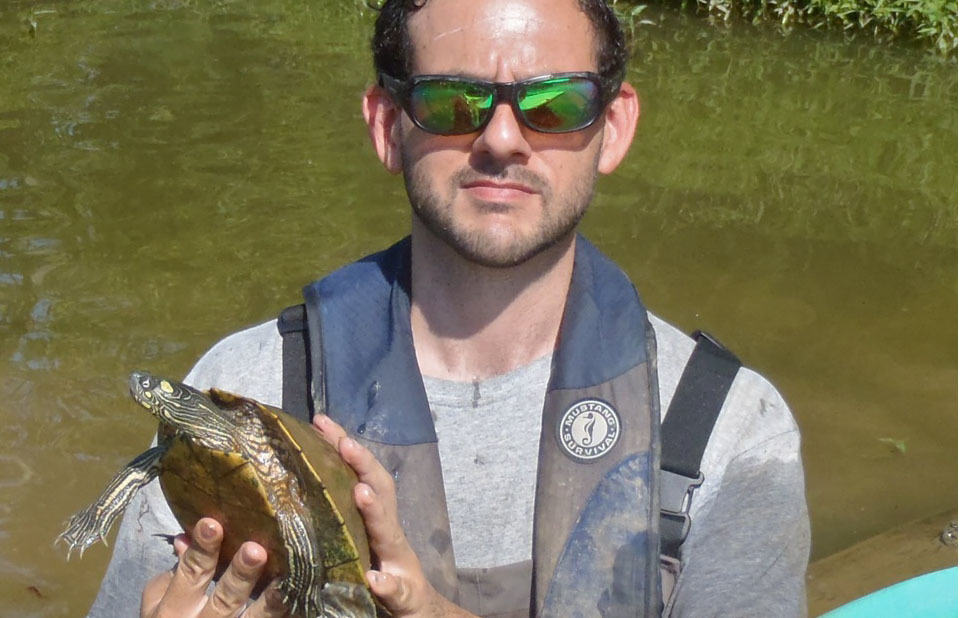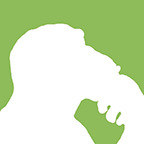
Rattlesnakes are Surprisingly Social Animals
Melissa Amarello is one of the founders of Advocates for Snake Preservation, an organization committed to improving human tolerance of snakes and our peaceful coexistence with them. She studies their unique behaviors and mysterious social lives. Q: Your research focuses on the social behaviors of snakes. Few […]

Lizards are Flexible Problem-Solvers
Research has revealed that lizards are surprisingly adept at solving novel problems, and in some tests, perform better than other animal species that are thought to be more cognitively advanced. The study was done at Duke University by biologists Manuel S. Leal and Brian J. Powell. After seeing an experiment […]

Herptile Expert David Steen
Dr. David Steen is a wildlife ecologist at Auburn University whose specialty lies in studying reptiles and amphibians, a group collectively known as herptiles. One of Dr. Steen’s recent claims to fame is successfully giving CPR to a drowned turtle! His research focuses on how herptiles interact with their environments, and how […]

Tortoises Can Master Mazes
Tortoises may be slow in a race, but not when it comes to thinking. “Generally people see reptiles as inert, stupid and unresponsive, I would like people to see that there is something much more complex going on.”1 says Dr. Anna Wilkinson, the University of Lincoln’s senior lecturer of animal cognition, and lead researcher of several [..]

Reptiles Can Learn Through Imitation
Reptiles aren’t typically considered the most social of animals, but research has proven that they are actually capable of social learning. A study1 published in September 2014 reports that they can learn new skills through imitation. This is the first evidence for this type of learning in reptiles. Previously, it was thought to only […]
Receive the latest articles in your inbox
Enter your email below
